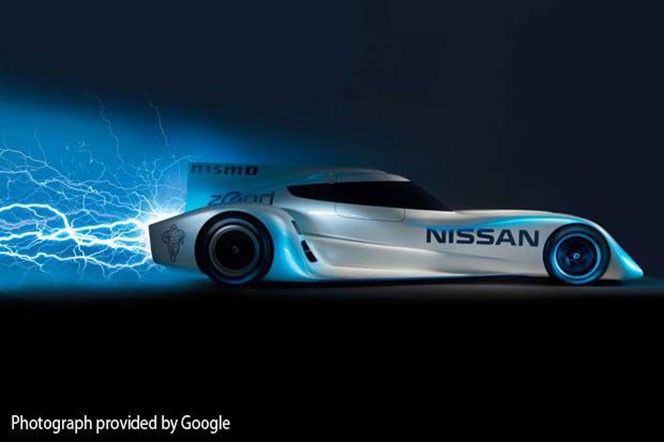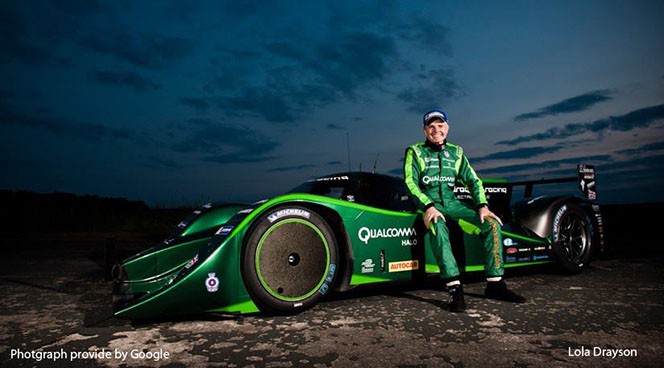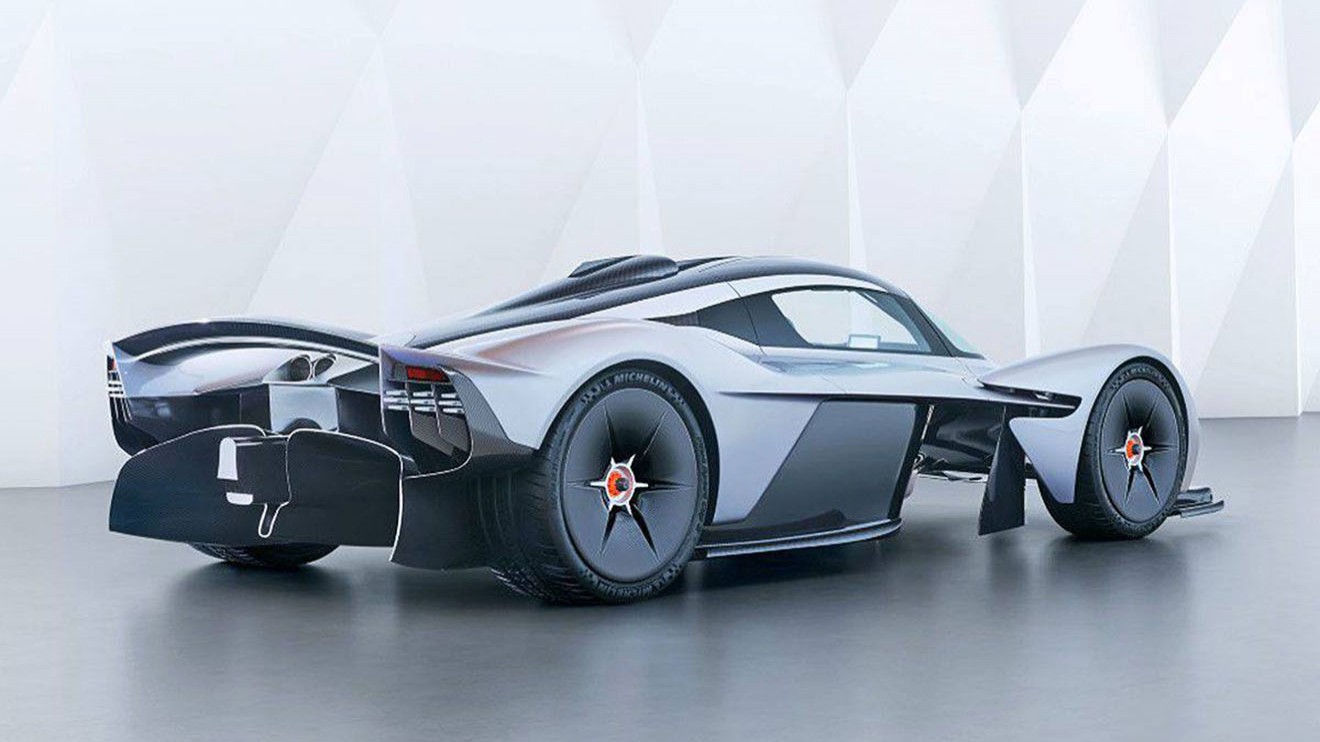We have all seen or read about it for several years now. The fact that motorsports in general has experienced a consistent decline in fan support is troubling for those of us who love the sport. Major motorsports series like F1, NASCAR, Indy Car and NHRA have spent hundreds of thousands of dollars analyzing the situation and have made changes to their series in hope of stopping the outflow of fans. But the decline in support continues and as fans leave, so do major sponsors.
So what is the cause and remedy for this? Unfortunately there is not one signal cure as there are many factors at play.
One of the most pressing facts is the environment and the worry of what is affecting our climate. With a growing number of countries lining up around the world ready to outright ban fossil fuels in the name of saving our environment, where does this leave our sport?
But there are other factors at play as well. Economics and entertainment venues abound enticing fans away from this once dominant venue is also a great challenge With the new age of millennial ‘s interested in may other things besides racing.
Is this end of motorsports? Not if the racing community is willing to adapt new technology.
 To get ahead of these changing times, some of the top racing series are adapting by experimenting with all electric racecars or cars run on bio fuels. Formula E has invested in the creation of an all-electric Formula One type series that competes worldwide.
Last summer, they had a very successful event in Montreal, but drew much criticism from local residents because the main downtown streets were being blocked to accommodate the race. A small misstep, by organizers, which was truly unnecessary as the Circuit Gilles-Villeneuve was just a few kilometers away. As the series continues to evolve with some necessary changes, the interest in Formula E is growing to the delight the green crowd and hard-core race fans with their high tech machines.
There are also top endurance race teams like Nissan and Lola investing heavily in this new technology. The Lola Drayson B12/69EV has a maximum speed of around 200mph. This car was first tested using bio fuels and later changed to all electric. The car is still in the development stages.
To get ahead of these changing times, some of the top racing series are adapting by experimenting with all electric racecars or cars run on bio fuels. Formula E has invested in the creation of an all-electric Formula One type series that competes worldwide.
Last summer, they had a very successful event in Montreal, but drew much criticism from local residents because the main downtown streets were being blocked to accommodate the race. A small misstep, by organizers, which was truly unnecessary as the Circuit Gilles-Villeneuve was just a few kilometers away. As the series continues to evolve with some necessary changes, the interest in Formula E is growing to the delight the green crowd and hard-core race fans with their high tech machines.
There are also top endurance race teams like Nissan and Lola investing heavily in this new technology. The Lola Drayson B12/69EV has a maximum speed of around 200mph. This car was first tested using bio fuels and later changed to all electric. The car is still in the development stages.
 Aston Martin and Red Bull Racing are also working hard on their new Valkyrie hybrids car, said to have a maximum speed of around 250 mph. The company is planning to build 25 units at a cost of $3.5 million each for competition use.
There could also be a consortium established between a race series or sanctioning body and the creators of the new bio or CO2 generated fuels that are being developed today. They could use these new fuels as their primary race fuel, providing a venue to get valuable data needed to know how well these fuels work. This could be a win-win for fans, racers, while addressing the environment concerns. By adapting to change, the racing community could bring in new fans as millennial are highly interested in technology as well as being supportive of events friendly to the environment.
There is no doubt our sport is under siege, but if the racing community is open to change and new ideas, I believe racing will still have a solid place in our future.
Aston Martin and Red Bull Racing are also working hard on their new Valkyrie hybrids car, said to have a maximum speed of around 250 mph. The company is planning to build 25 units at a cost of $3.5 million each for competition use.
There could also be a consortium established between a race series or sanctioning body and the creators of the new bio or CO2 generated fuels that are being developed today. They could use these new fuels as their primary race fuel, providing a venue to get valuable data needed to know how well these fuels work. This could be a win-win for fans, racers, while addressing the environment concerns. By adapting to change, the racing community could bring in new fans as millennial are highly interested in technology as well as being supportive of events friendly to the environment.
There is no doubt our sport is under siege, but if the racing community is open to change and new ideas, I believe racing will still have a solid place in our future.
 To get ahead of these changing times, some of the top racing series are adapting by experimenting with all electric racecars or cars run on bio fuels. Formula E has invested in the creation of an all-electric Formula One type series that competes worldwide.
Last summer, they had a very successful event in Montreal, but drew much criticism from local residents because the main downtown streets were being blocked to accommodate the race. A small misstep, by organizers, which was truly unnecessary as the Circuit Gilles-Villeneuve was just a few kilometers away. As the series continues to evolve with some necessary changes, the interest in Formula E is growing to the delight the green crowd and hard-core race fans with their high tech machines.
There are also top endurance race teams like Nissan and Lola investing heavily in this new technology. The Lola Drayson B12/69EV has a maximum speed of around 200mph. This car was first tested using bio fuels and later changed to all electric. The car is still in the development stages.
To get ahead of these changing times, some of the top racing series are adapting by experimenting with all electric racecars or cars run on bio fuels. Formula E has invested in the creation of an all-electric Formula One type series that competes worldwide.
Last summer, they had a very successful event in Montreal, but drew much criticism from local residents because the main downtown streets were being blocked to accommodate the race. A small misstep, by organizers, which was truly unnecessary as the Circuit Gilles-Villeneuve was just a few kilometers away. As the series continues to evolve with some necessary changes, the interest in Formula E is growing to the delight the green crowd and hard-core race fans with their high tech machines.
There are also top endurance race teams like Nissan and Lola investing heavily in this new technology. The Lola Drayson B12/69EV has a maximum speed of around 200mph. This car was first tested using bio fuels and later changed to all electric. The car is still in the development stages.
 Aston Martin and Red Bull Racing are also working hard on their new Valkyrie hybrids car, said to have a maximum speed of around 250 mph. The company is planning to build 25 units at a cost of $3.5 million each for competition use.
There could also be a consortium established between a race series or sanctioning body and the creators of the new bio or CO2 generated fuels that are being developed today. They could use these new fuels as their primary race fuel, providing a venue to get valuable data needed to know how well these fuels work. This could be a win-win for fans, racers, while addressing the environment concerns. By adapting to change, the racing community could bring in new fans as millennial are highly interested in technology as well as being supportive of events friendly to the environment.
There is no doubt our sport is under siege, but if the racing community is open to change and new ideas, I believe racing will still have a solid place in our future.
Aston Martin and Red Bull Racing are also working hard on their new Valkyrie hybrids car, said to have a maximum speed of around 250 mph. The company is planning to build 25 units at a cost of $3.5 million each for competition use.
There could also be a consortium established between a race series or sanctioning body and the creators of the new bio or CO2 generated fuels that are being developed today. They could use these new fuels as their primary race fuel, providing a venue to get valuable data needed to know how well these fuels work. This could be a win-win for fans, racers, while addressing the environment concerns. By adapting to change, the racing community could bring in new fans as millennial are highly interested in technology as well as being supportive of events friendly to the environment.
There is no doubt our sport is under siege, but if the racing community is open to change and new ideas, I believe racing will still have a solid place in our future.


 Crédit photo : google
Crédit photo : google